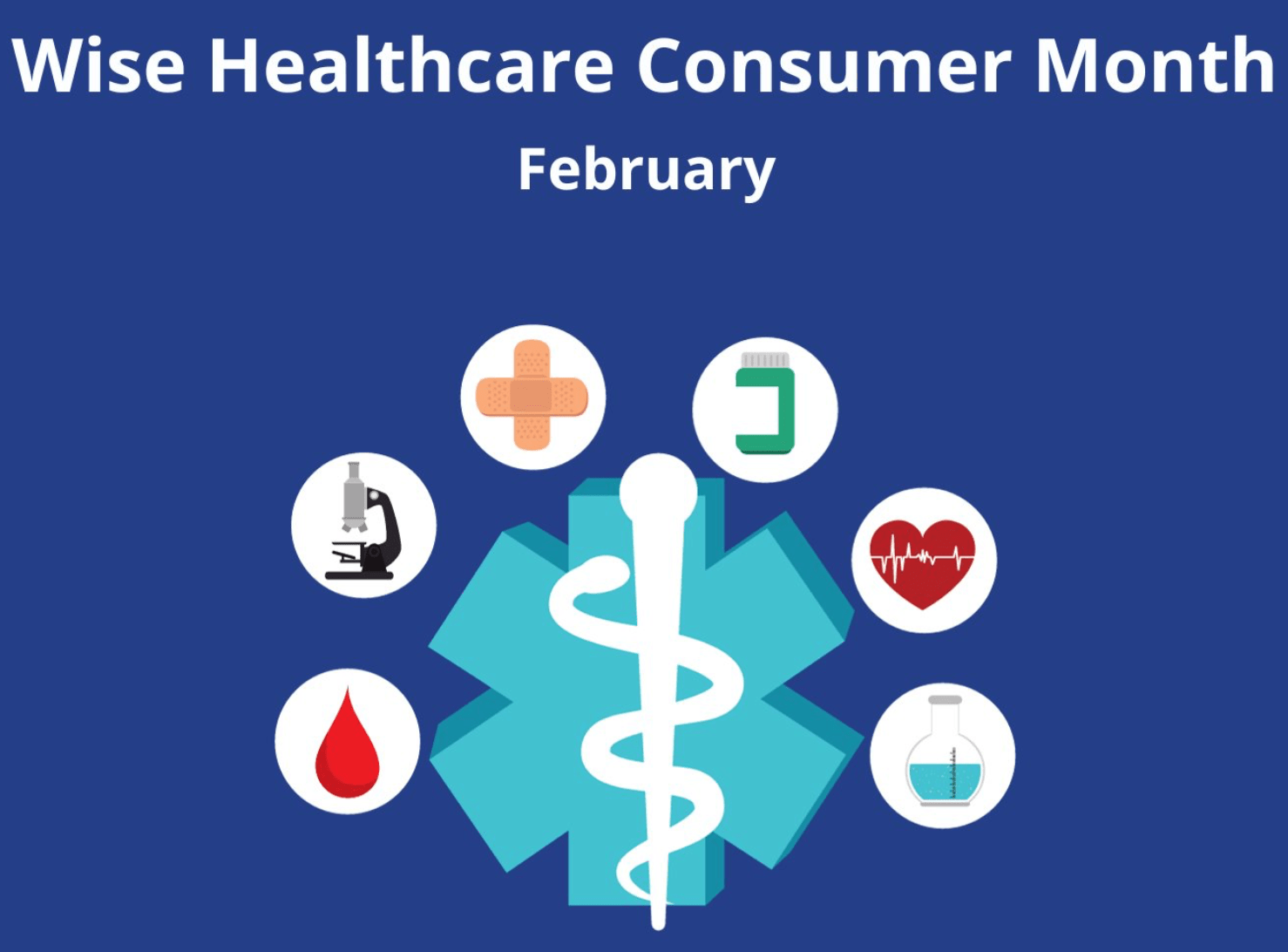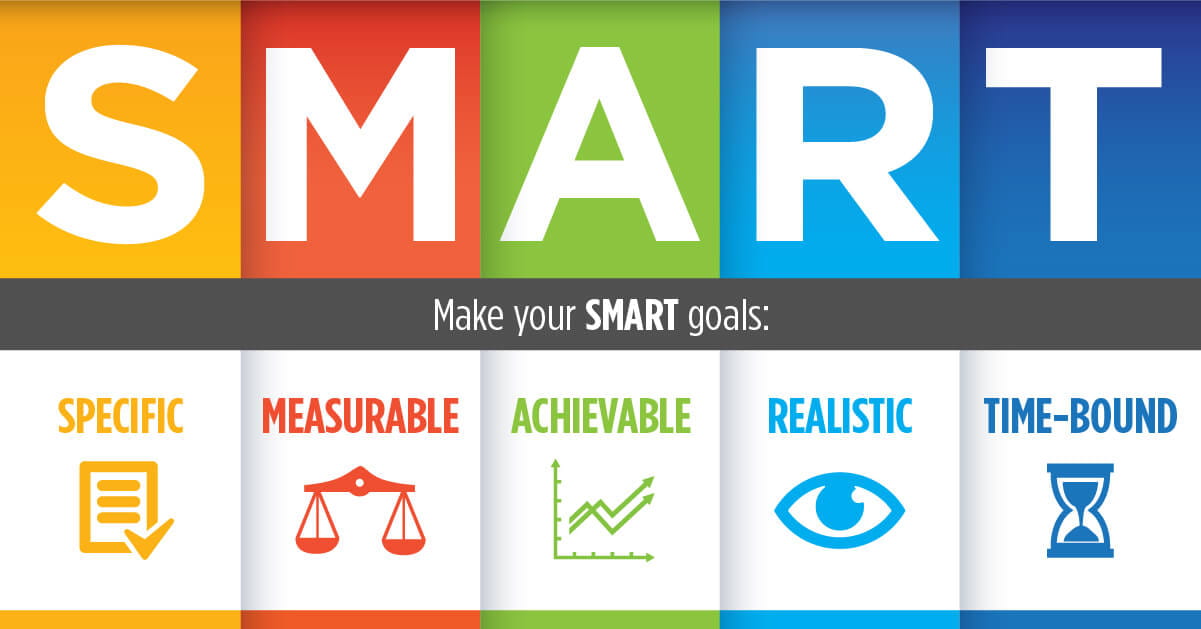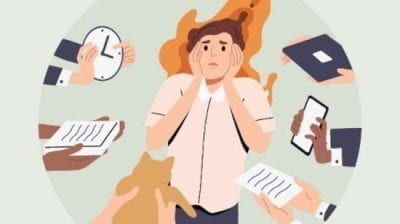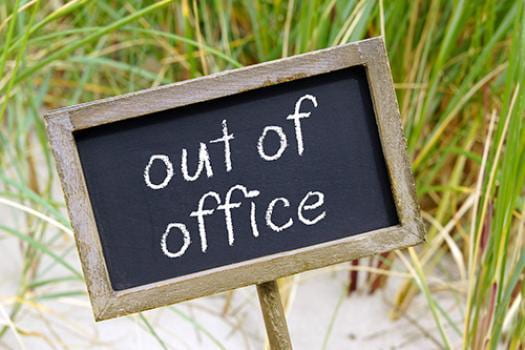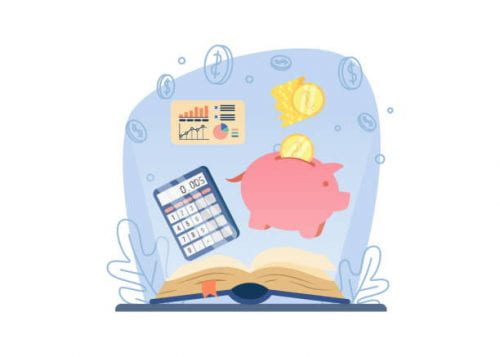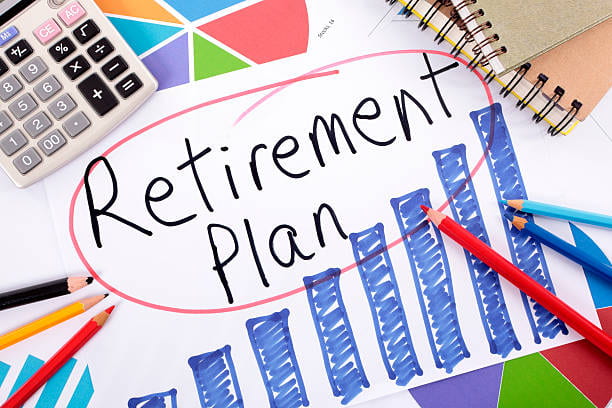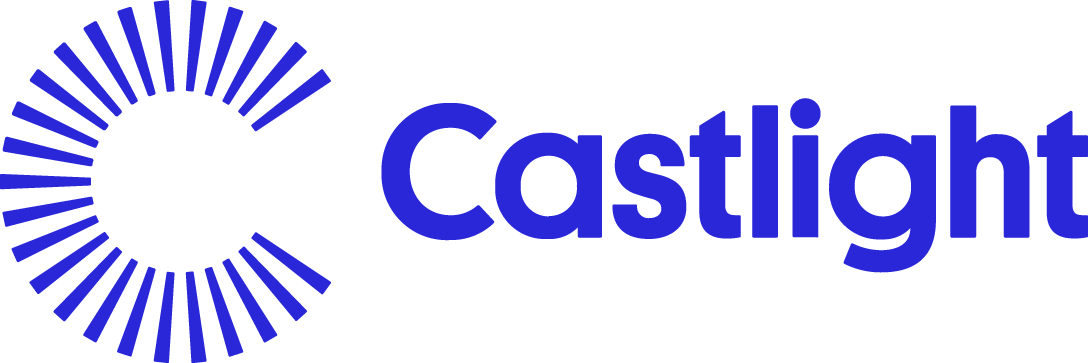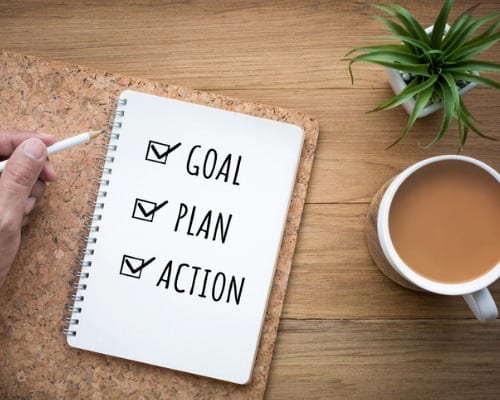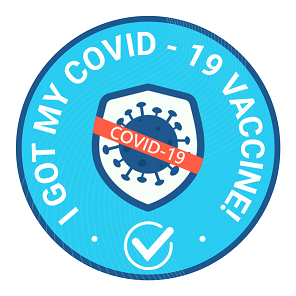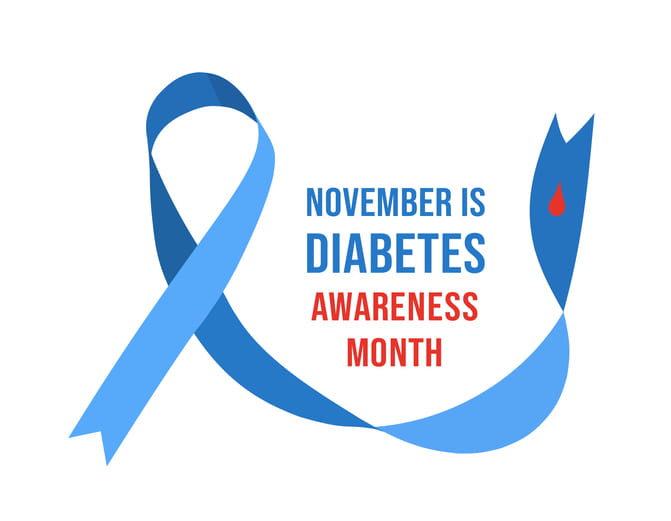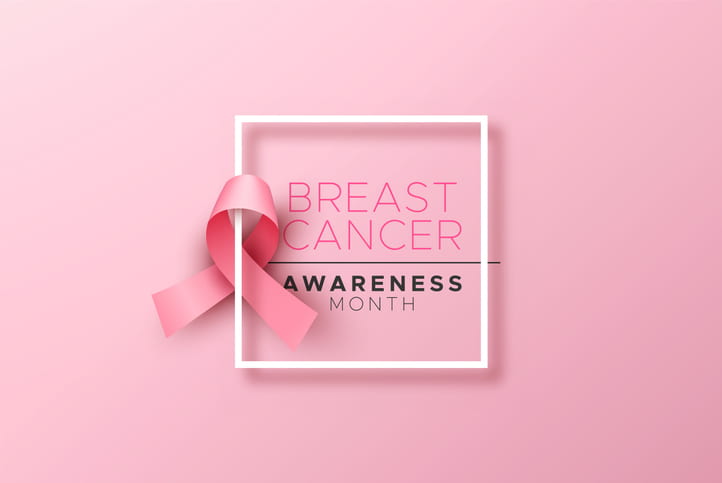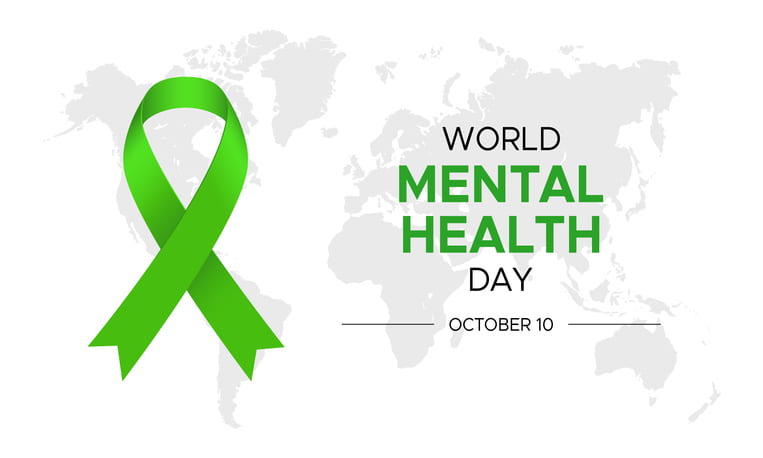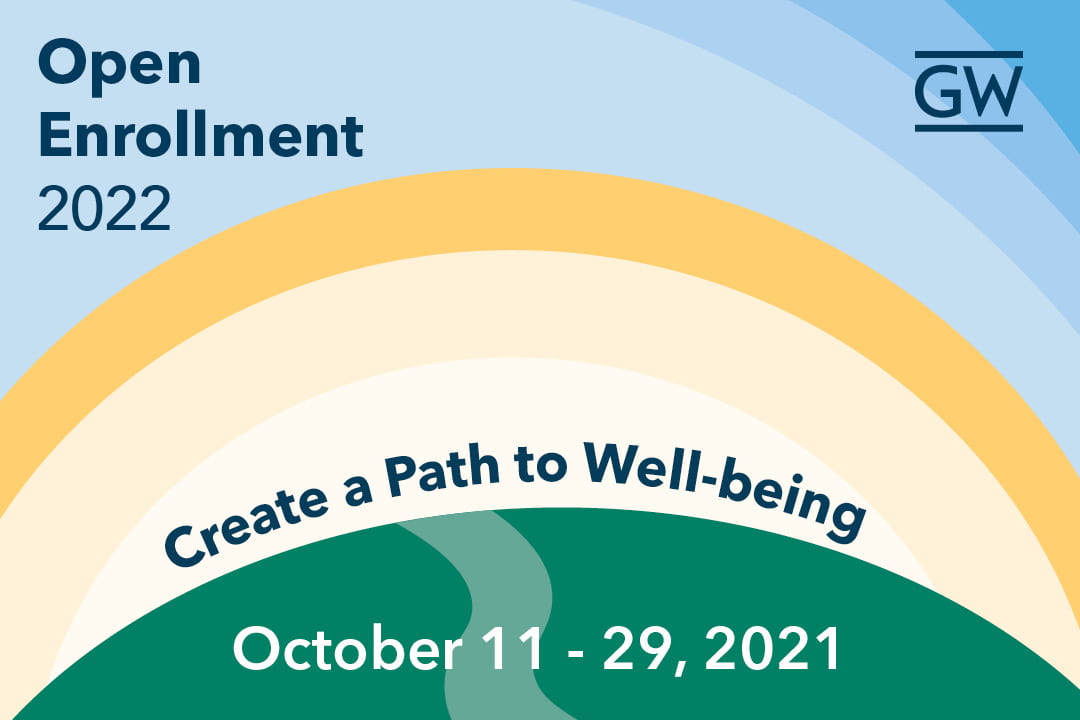In honor of February being Wise Healthcare Consumer Month, we offer the following tips that can help you keep more money in your pocket and get healthier, too. Take some time to learn how you can make smarter healthcare choices.
· Know your insurance and understand your options: Make sure you understand what your insurance does and doesn’t cover, and what your share of costs will be. When your plan renews, make sure you understand any changes so you can switch to a different plan if your current insurance doesn’t meet your needs. Depending on your health, the plan with the lowest premium isn’t always the lowest-cost plan overall, so be sure to compare your options every time you have an enrollment opportunity.
· Get preventive care: Insurance typically covers 100% of costs for in-network preventive care. Discovering health conditions early on may reduce the overall cost of treatment, mean fewer doctors visits, and lead to better outcomes.
· Shop around: Whether you’re choosing a doctor or figuring out where to have a procedure done, you can shop around to find the best price and learn who provides the best care. If you take prescription drugs, ask your doctor if there’s a generic version available that will meet your needs—generic drugs are usually cheaper than brand-name.
· Visit an in-network urgent care center for non-emergency care. They can treat sprains, cuts and breaks, colds, fevers and other non-life threatening conditions for a fraction of the cost of visiting an ER.
· Review bills and EOBs: Compare your medical bills with your insurance explanations of benefits (EOBs) to make sure there are no discrepancies. If there are, call your insurance to find out what’s going on. Sometimes there’s just a billing error that can easily be fixed.
· Take care of yourself and maintain a healthy lifestyle: As always, good self-care can reduce your health care costs by helping you stay in the best health possible. That means eating nutritious foods, getting enough daily movement, getting adequate sleep, and managing stress. Don’t forget that your mental health is just as important as your physical health, and that good self-care can help you manage both.
Reference: Alliant Insurance Services
